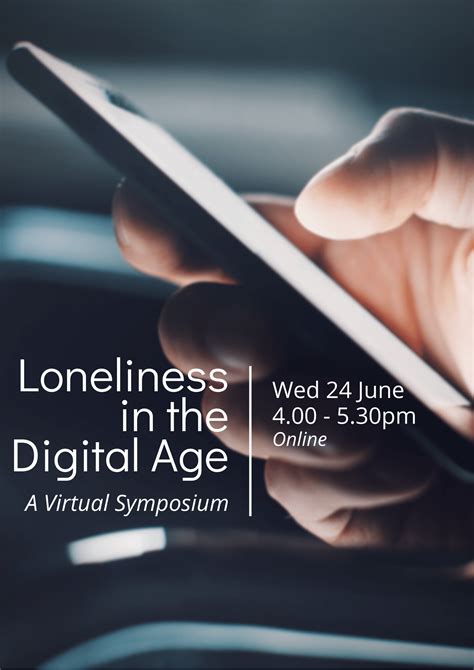In recent times, the intersection of loneliness and belief in conspiracy theories has gathered significant attention. Researchers have increasingly observed that individuals experiencing chronic loneliness are more susceptible to adopting conspiracist worldviews. This phenomenon raises critical questions about human psychology and the profound impacts of social isolation, particularly in our hyperconnected yet emotionally distant digital era.
One study focused on a population-based sample of Norwegians followed from adolescence into midlife, roughly spanning three decades. The findings were striking: loneliness appeared to significantly correlate with a proclivity toward conspiratorial thinking. This trend suggests that when people are isolated, they can become ensnared in circular thinking patterns, devoid of external feedback to challenge their perspectives. In essence, without social interactions to serve as reality checks, one’s thoughts can progressively spiral into more extreme and ungrounded beliefs.
During the COVID-19 pandemic, this issue became starkly visible. Many individuals who had to endure prolonged isolation found themselves unusually susceptible to conspiracy theories. A user recounts their experience of falling down a rabbit hole of conspiracy theories while living alone during the pandemic. The lack of daily social interactions gradually led them to entertain increasingly wild ideas––a scenario exacerbated by the absence of dissenting voices that could provide a grounding perspective.
In analyzing this pattern, it is crucial to consider the feedback loop that may exist between loneliness and conspiratorial thinking. Loneliness might not only drive one toward conspiracy theories, but holding such beliefs can further isolate individuals by making them seem off-putting or irrational to others, thereby perpetuating their loneliness. This is echoed in another user’s observation that paranoia and distrust, fundamental aspects of conspiratorial mindsets, inhibit the ability to form close relationships.
Social media plays an essential role in this dynamic. Platforms like Twitter and TikTok can accentuate feelings of isolation while creating echo chambers that reinforce one’s beliefs, including conspiratorial ones. The mechanism is straightforward: algorithms prioritize sensationalist content, and conspiracy theories often fit this description. As one user noted, continuously hearing many unrelated voices through short-form content mimics a schizophrenia-like experience, which may lead to erroneous pattern recognition––the bedrock of conspiracy theories. Interestingly, some have even likened certain online communities to modern-day cargo cults, driven by the collective but misguided belief in miraculous outcomes.
Moreover, it is vital to discuss the societal implications of this trend. Conspiracy theories during the pandemic significantly undermined public health efforts. For instance, misinformation about vaccines, such as the baseless claims that they contained tracking microchips or were part of a population control scheme, led to vaccine hesitancy and lower inoculation rates. This not only fueled the pandemic further but also demonstrated how deeply conspiratorial thinking can intrude into public policy and collective health.
Addressing this issue requires a multifaceted approach. Engaging lonely individuals in more substantial social interactions can help mitigate the development of conspiratorial mindsets. Community-based initiatives, whether in the form of volunteer programs or social groups centered around hobbies, could provide the necessary interpersonal connections that help counteract isolation. Simultaneously, improving digital literacy regarding the consumption of information on social media could aid in curbing the spread and adoption of conspiracy theories.
Ultimately, the relationship between loneliness and conspiratorial thinking is a reflection of broader societal dynamics. As digital interactions increasingly supplant face-to-face ones, finding a balance between connectivity and genuine human interaction becomes imperative. Only through a comprehensive understanding and targeted interventions can we hope to dismantle the vicious cycle that entraps lonely individuals within conspiratorial webs, thus fostering a more informed and connected society.


Leave a Reply